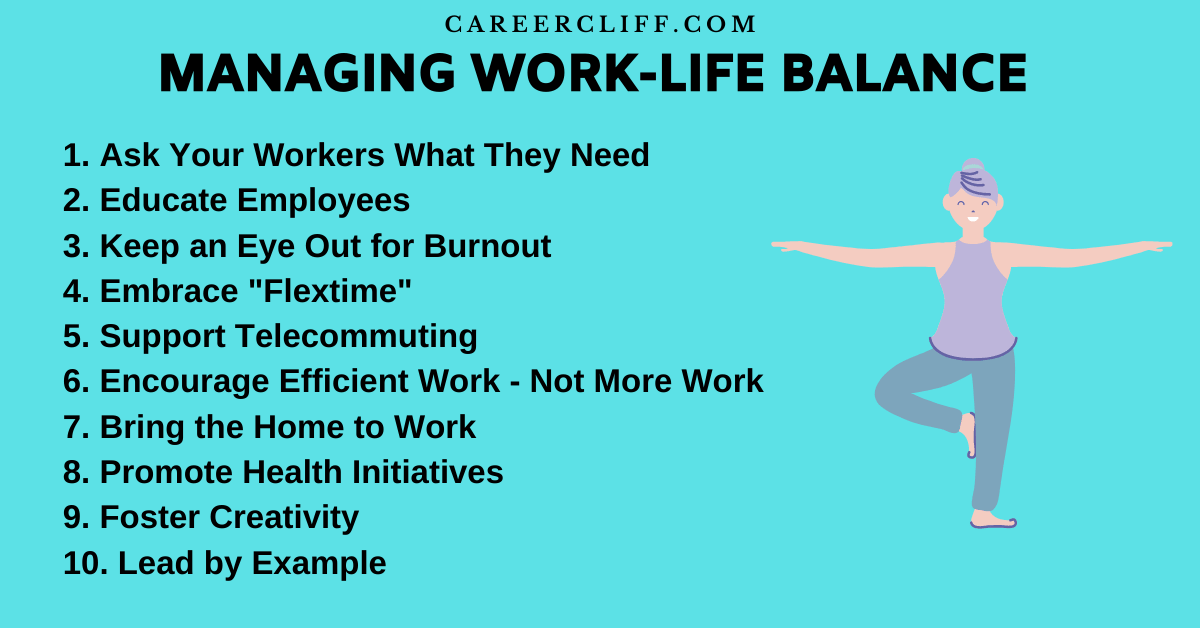It’s no secret that men often face significant challenges when it comes to managing stress and achieving a healthy work-life balance. In today’s fast-paced, technology-driven world, the demands of work can often feel overwhelming, leaving little time or energy for personal life and self-care. However, maintaining a healthy work-life balance is essential for both physical and mental well-being.
Recognizing Signs of Stress
One of the first steps in managing stress is recognizing the signs and symptoms. Common signs of stress in men can include irritability, fatigue, trouble concentrating, and changes in sleep patterns. If left unaddressed, chronic stress can lead to serious health problems such as heart disease, high blood pressure, and depression.
Tips for Managing Stress
There are many strategies that men can use to help manage stress and achieve a better work-life balance. One of the most important is setting boundaries between work and personal life. This may include setting specific work hours, taking regular breaks throughout the day, and establishing a designated workspace that is separate from other areas of the home.
Regular exercise is another effective way to reduce stress and improve overall well-being. Exercise has been shown to release endorphins, which are chemicals in the brain that act as natural painkillers and mood elevators. Whether it’s going for a run, lifting weights, or practicing yoga, finding an activity that you enjoy and can stick to is key.
Seeking Support
It’s also important for men to seek support when they are feeling overwhelmed. This may include talking to a trusted friend or family member, seeking counseling or therapy, or joining a support group. Remember, asking for help is a sign of strength, not weakness.
Creating a Supportive Work Environment
In addition to taking steps on an individual level, employers can also play a role in helping men manage stress and achieve a healthy work-life balance. This may include offering flexible work arrangements, promoting employee wellness programs, and providing resources for mental health support.
Conclusion
Managing stress and achieving a healthy work-life balance is an ongoing process that requires attention and effort. By recognizing the signs of stress, implementing strategies to manage it, seeking support when needed, and creating a supportive work environment, men can improve their overall well-being and quality of life. Remember, it’s important to prioritize self-care and make time for activities that bring joy and fulfillment outside of work.

